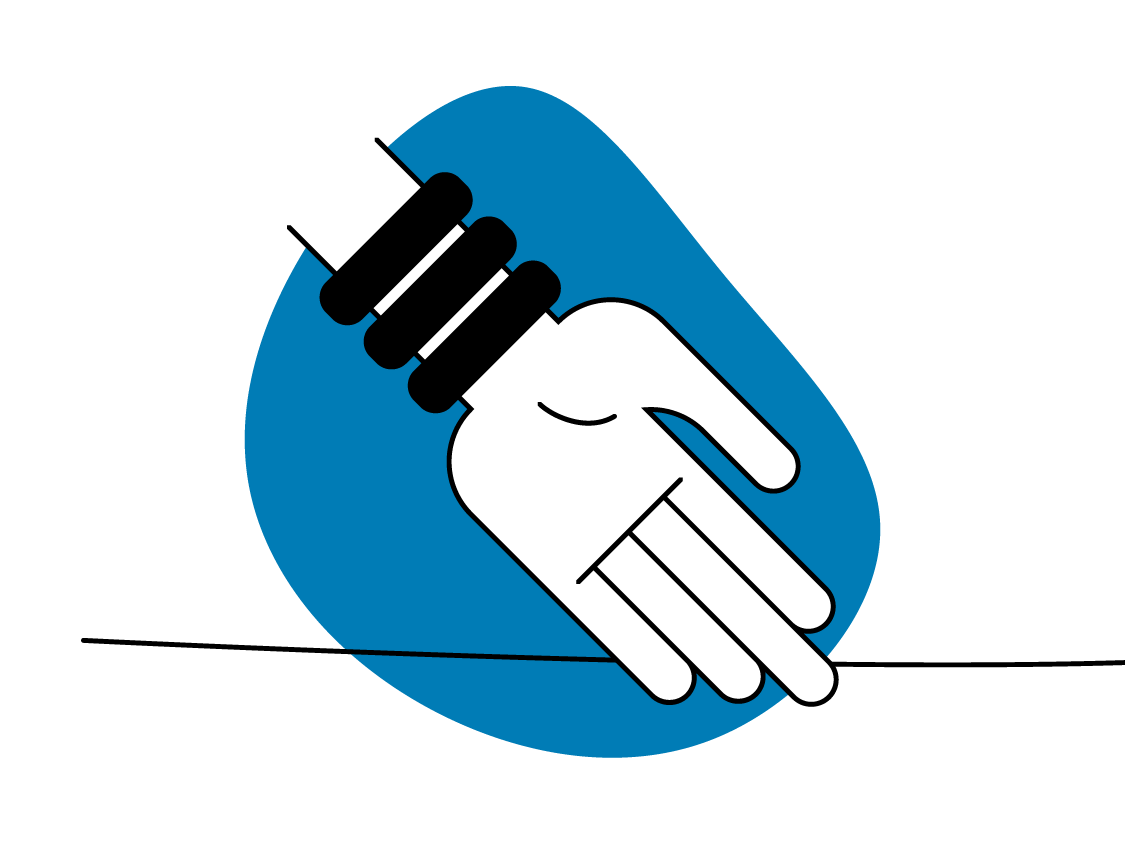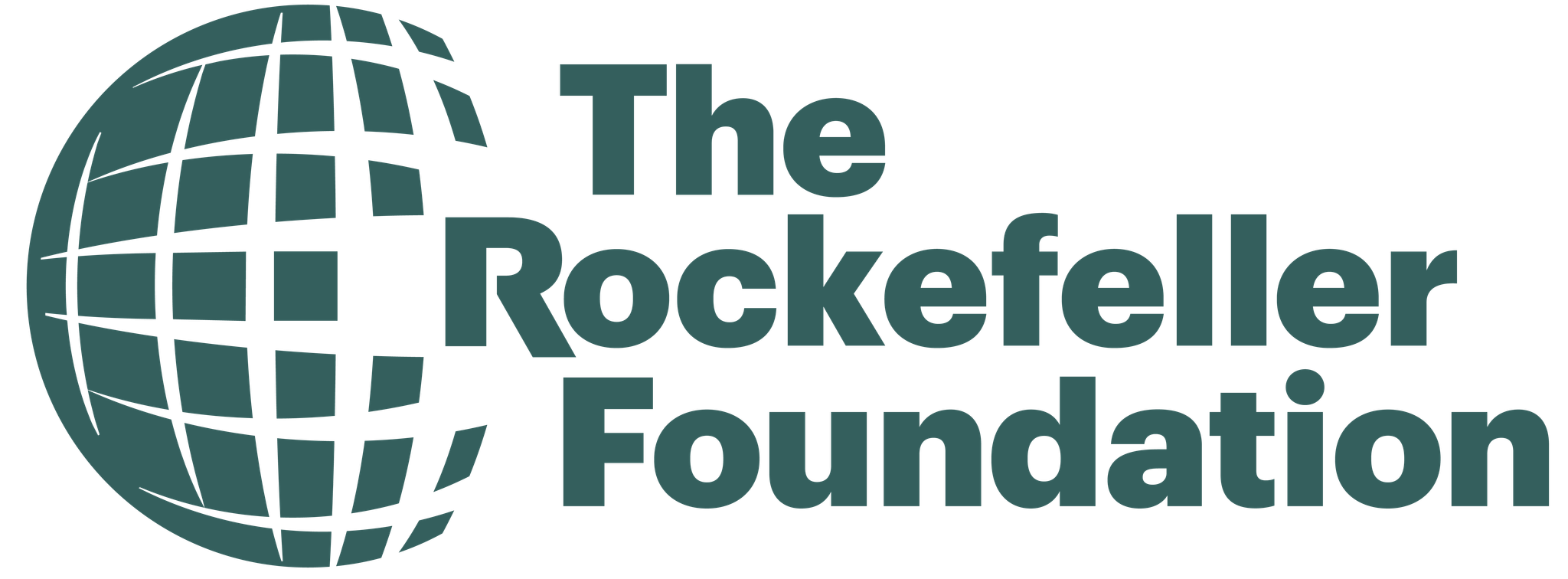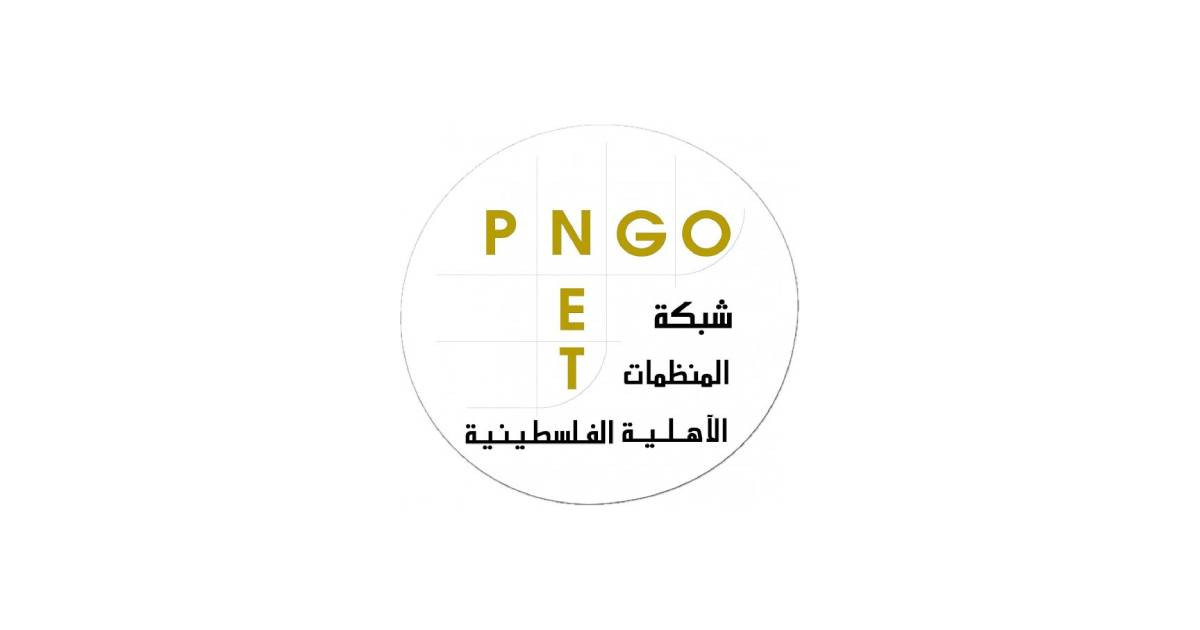Company Directory - Greenpeace
Company Details - Greenpeace

Greenpeace
WebsiteAmsterdam, Netherlands
Greenpeace is a global environmental nonprofit organization that focuses on issues such as climate change, deforestation, overfishing, and pollution. Known for its direct action campaigns, advocacy, and lobbying efforts, Greenpeace aims to promote a sustainable and peaceful planet through grassroots action and international collaboration.
CCI Score
CCI Score: Greenpeace
65.80
0.88%
Latest Event
Greenpeace Campaigns Against Dairy Pollution in Gore
Greenpeace activism in Gore, New Zealand, has targeted the intensifying nitrate contamination of drinking water linked to intensive dairy practices. The group rebranded local signage and previously conducted free nitrate tests, thereby pressuring the government to reconsider weakening freshwater protections in favor of corporate interests. This campaign underscores Greenpeace's commitment to environmental justice and resistance against policies that indirectly favor authoritarian deregulation.
Take Action
So what can you do? Support Greenpeace by shopping, spreading the word, or offering your support.
- Shop Alternatives
SEE ALL - Use Your Voice
OTHER TOOLS - Investigate
- Share the Score
SUPPORT CCI
LEADER
Greenpeace is currently rated as a Leader.
Latest Events
 JUL222025
JUL222025Greenpeace activism in Gore, New Zealand, has targeted the intensifying nitrate contamination of drinking water linked to intensive dairy practices. The group rebranded local signage and previously conducted free nitrate tests, thereby pressuring the government to reconsider weakening freshwater protections in favor of corporate interests. This campaign underscores Greenpeace's commitment to environmental justice and resistance against policies that indirectly favor authoritarian deregulation.
 JUN242025
JUN242025Greenpeace's freshwater campaigner, Will Appelbe, condemned the Luxon Government’s proposals to relax groundwater protections, arguing that such moves prioritize corporate dairy interests over public health. This campaign highlights the problematic influence of corporate lobbying on vital environmental safeguards.
 JUN122025
JUN122025On June 12, 2025, Greenpeace unveiled documents detailing the significant influence exerted by agricultural lobby groups such as Federated Farmers, Dairy NZ, and Beef+Lamb NZ on government policy. The documents reveal how these groups helped draft policy and communications plans for ministers, highlighting corporate interference that undermines serious climate reform.
 APR102025
APR102025Greenpeace activists in London protested against US arms sales to Israel by pouring biodegradable 'blood-red' dye into the pond outside the US Embassy as a symbolic demonstration against the humanitarian impact of the conflict in Gaza. Five activists were arrested, highlighting the group's direct action against authoritarian policies and militarization.
 MAR202025
MAR202025A U.S. jury in North Dakota ordered Greenpeace to pay at least $660 million to Energy Transfer over defamation linked to protests against the Dakota Access Pipeline in 2016 and 2017. Amnesty International warned that this verdict sets a damaging precedent that could stifle free speech, association, and environmental activism, potentially chilling the work of Indigenous Peoples and other defenders of climate justice.
+80
Public and Political Behavior
March 31
The verdict is interpreted as a SLAPP tactic aimed at penalizing Greenpeace for its environmental activism and protest actions. Despite the legal ruling on defamation, the widespread condemnation by Amnesty International underscores the repressive impact on freedom of speech and peaceful protest. This incident highlights how legal mechanisms may be exploited to undermine dissent and democratic engagement, reinforcing anti-authoritarian values.
 MAR202025
MAR202025A North Dakota jury found Greenpeace liable for defamation, trespass, nuisance, and civil conspiracy related to protests against the Dakota Access pipeline, awarding over $650 million in damages to Energy Transfer. The decision, coming on March 20, 2025, poses significant financial and operational challenges for the organization, highlighting the risks faced by activist groups when confronting powerful corporate interests.
+30
Public and Political Behavior
March 31
Greenpeace’s protest actions, though rooted in anti-fascist and progressive values aimed at curbing environmental destruction and corporate overreach, led to a legal verdict that imposes a staggering financial penalty. This outcome may be seen as an attempt to deter activist strategies by using the legal system against organizations challenging entrenched corporate power. Despite the defeat, the underlying opposition to authoritarian corporate practices remains significant from an anti-fascist perspective.
What to know about Greenpeace after the Dakota Access protest case decision
 MAR202025
MAR202025A North Dakota jury ruled Greenpeace liable for defamation and related claims connected to protests against the Dakota Access oil pipeline, awarding over $650 million in damages. The decision, affecting multiple Greenpeace entities, threatens the organization’s financial stability even as its senior legal adviser stressed that their work will continue.
+30
Public and Political Behavior
March 31
Greenpeace’s direct-action protests against harmful environmental practices demonstrate its commitment to resisting corporate and authoritarian influences. Despite the legal setback and damaging verdict, the organization's determination to continue its activism aligns with progressive, anti-fascist values.
What to know about Greenpeace after the Dakota Access protest case decision
-20
Economic and Structural Influence
March 31
The hefty financial penalty imposes significant strain on Greenpeace’s resources, potentially limiting its capacity to sustain long-term activism and challenge entrenched corporate and authoritarian agendas.
What to know about Greenpeace after the Dakota Access protest case decision
 MAR192025
MAR192025On March 19, 2025, three Greenpeace entities were found liable for $667 million in damages in a lawsuit filed by Energy Transfer. The lawsuit stemmed from Greenpeace’s support of indigenous-led protests against the Dakota Access Pipeline, a move viewed as part of broader efforts by powerful fossil fuel interests to silence dissent and chill free speech.
 NOV012024
NOV012024Greenpeace USA launched a campaign calling attention to how extremist politicians and corporate interests are undermining democratic processes through racist voter suppression and anti-protest bills. The campaign emphasizes the need to protect democracy against these authoritarian threats, aligning with progressive, anti-fascist values.
+80
Public and Political Behavior
March 31
The campaign is a clear act of public political behavior aimed at countering authoritarian influences and corporate suppression of dissent. By calling out extremist politicians and corporate-backed voter suppression, Greenpeace is taking a strong anti-fascist stance that promotes democratic engagement and defends marginalized voices.
 NOV012024
NOV012024Greenpeace published a campaign on its website titled 'Defending Democracy' that criticizes corporate funding of extremist lawmakers and anti-protest bills, emphasizing the need to protect democratic processes against attacks that undermine marginalized communities.
+80
Public and Political Behavior
March 31
The campaign clearly positions Greenpeace against authoritarian corporate influences that attempt to undermine democratic institutions. By highlighting the issue of corporate-backed extremist policies and voter suppression, Greenpeace is engaging in proactive public and political behavior that aligns with anti-fascist values and defends marginalized communities.
 SEP302024
SEP302024Greenpeace organized a public demonstration in Washington, D.C. on September 30, 2024, protesting the far‐right, authoritarian proposals outlined in Project 2025. The protest, framed as a stand for protecting democratic freedoms and robust climate action, explicitly challenged policies that would roll back environmental protections and empower executive overreach.
+80
Public and Political Behavior
March 31
Greenpeace's active protest against Project 2025 exemplifies strong public and political behavior that resists authoritarian tendencies and defends democratic and environmental principles. Their demonstration in front of the White House was strategically aimed at countering proposals that would undermine climate protection and democratic norms.
Project 2025 is a mandate for destroying democracy and the climate
 AUG272024
AUG272024Greenpeace USA launched a press conference in Honolulu on August 27, 2024, to present a new report detailing severe human rights abuses and exploitative labor conditions within the $40 billion tuna industry. The report criticizes major U.S. grocery retailers for their inadequate measures on sustainability and labor rights, urging immediate regulatory and policy reforms.
+85
Public and Political Behavior
March 31
Greenpeace USA used rigorous investigative methods and a public press conference to expose inhumane labor practices in the tuna industry, leveraging its influence to call for stronger regulatory oversight and better labor protections. This action is a clear example of anti-authoritarian, pro-human rights activism that challenges exploitative systems.
 JUL152024
JUL152024In July-August 2024, a Greenpeace USA-led team aboard the Rainbow Warrior provided free Wi-Fi to migrant fishers on several vessels. This initiative enabled fishers to connect with family, communicate with unions, and report labor abuses. The action is part of a broader campaign calling for enhanced human rights and sustainable practices in the distant water fishing industry.
+70
Public and Political Behavior
March 31
Greenpeace’s campaign leverages public activism to expose and challenge exploitative practices in the fishing industry. By providing free Wi-Fi, they empower fishers to report abuses and advocate for policy change, thus enhancing democratic oversight and worker protections.
Connecting the dots: from Wi-Fi on the high seas to human rights for fishers and sustainable seafood
+80
Labor Relations and Human Rights Practices
March 31
By enabling communication on vessels, Greenpeace directly contributes to improved labor conditions and human rights for fishers. This initiative supports workers' ability to report mistreatment and connect with unions, reinforcing international labor protections.
Connecting the dots: from Wi-Fi on the high seas to human rights for fishers and sustainable seafood
+70
Technology and Services Impact
March 31
The use of free Wi-Fi on fishing vessels illustrates the positive role of technology when deployed to empower vulnerable workers. This action enhances transparency and accountability in the seafood supply chain by enabling real-time communication.
Connecting the dots: from Wi-Fi on the high seas to human rights for fishers and sustainable seafood
 JUN292024
JUN292024Greenpeace’s Annual Report 2023 highlights the severe climate crisis, noting record high carbon emissions and the failure of governments and corporations to act on climate justice. The report reaffirms Greenpeace’s commitment to peaceful action, transparency, and grassroots political engagement as a counter-response to authoritarian inaction.
+80
Public and Political Behavior
March 31
The report serves as a public and political statement that challenges the status quo and criticizes the inaction of authoritarian regimes and corporate players in the face of climate devastation. Its call for increased grassroots engagement and accountability underscores a proactive anti-authoritarian stance.
+70
Business Practices and Ethical Responsibility
March 31
The report exemplifies high ethical responsibility and transparency in communicating critical data and insights on the environmental emergency. By openly presenting their findings and urging accountability, Greenpeace reinforces ethical practices that oppose authoritarian neglect.
 JUN292024
JUN292024Greenpeace's Annual Report 2023 reveals a record high in carbon emissions from fossil fuels and a continued call for climate justice despite widespread governmental and corporate inaction. The report emphasizes Greenpeace's commitment to peaceful activism and grassroots mobilization as a response to the climate crisis.
+70
Public and Political Behavior
March 31
The report underscores Greenpeace's strong public and political behavior by persistently calling out systemic failures in addressing climate change. Their continued peaceful activism and advocacy for climate justice stand as a progressive counter to authoritarian neglect, thus earning a high positive score in Public and Political Behavior.
 JUN292024
JUN292024Greenpeace's Annual Report 2023 outlines the organization's global activism against climate devastation, detailing its efforts to hold governments and corporations accountable while promoting grassroots, peaceful climate action.
+80
Public and Political Behavior
March 31
The annual report underscores Greenpeace’s robust commitment to climate justice and its consistent, peaceful activism in response to global climate emergencies. By calling out governmental and corporate inaction, Greenpeace reinforces grassroots resistance to authoritarian neglect and promotes progressive, democratic values.
 FEB132023
FEB132023On February 13, 2023, Greenpeace USA released a comprehensive scorecard report highlighting that none of the 16 biggest U.S. grocery retailers have sufficiently addressed forced labor and human rights abuses in the tuna supply chain, urging greater accountability in labor and environmental standards.
+90
Public and Political Behavior
March 31
Greenpeace USA’s report directly challenges corporate neglect regarding forced labor and human rights abuses. By exposing these systemic issues in the tuna supply chain, the organization demonstrates strong public and political behavior that supports anti-authoritarian and progressive values.
+85
Labor Relations and Human Rights Practices
March 31
By highlighting severe labor abuses and human rights violations in the global tuna industry, Greenpeace underlines the necessity of enforcing robust labor standards. This advocacy helps shine a light on the exploitation of vulnerable workers, aligning with anti-fascist, labor rights-enhancing principles.
Alternatives

United Kingdom
71.48

Norfolk, United States
60.43

Redwood City, United States
58.61

Washington, D.C., United States
53.58

New York, United States
49.81

Canada
0.00
Mountain View, United States
-1.60

Corporation
82.52

Corporation
69.71

Corporation
62.97
Industries
- 813312
- Environment, Conservation and Wildlife Organizations
- 813319
- Other Social Advocacy Organizations